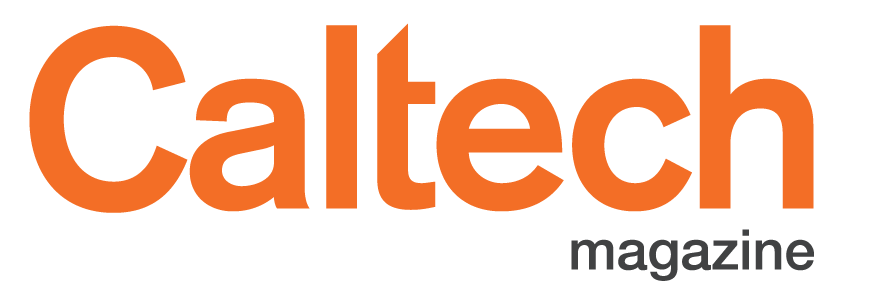#SoCaltech: Arian Jadbabaie
“If you want to learn about a system, you cannot be isolated from it. This is also just a great lesson for life. If you think of quantum information as a resource that, say, exists in the atom, if you want that information, you have to come in and couple to it. And that act of you coming in and coupling to it is going to change the behavior of the atom or whatever you're studying. If I hook up a voltmeter to something, the voltmeter has some temperature. The temperature means it has some fluctuations, and those fluctuations are going to impact the thing I'm measuring. Maybe not to a strong degree but still to some degree. Classically, at zero temperature, there shouldn't be any fluctuations. Everything is frozen in place. The voltmeter should be a perfect measuring device. Quantum mechanically though, there's always energy in the system. There's always some fluctuation. There's always some fuzziness of the systems, even at zero temperature. We actually refer to it as zero-point energy. But long story short, I like to think of observers, and their measuring devices, more as participants. If you had a completely isolated quantum system, it would behave on its own; it would evolve according to Schrödinger’s equation. It would never ‘collapse’ or change its behavior. But that's because it's isolated. The second you want to get information, you have to interact. And interaction changes the system.”
—Arian Jadbabaie, a graduate student and researcher in the Division of Physics, Mathematics and Astronomy, discussing the role of the participant in quantum measurements. Jadbabaie works in the Hutzler Lab, where he helps build experiments to search for new particles and forces inside cold molecules. He also shares his wonder for the universe with all ages through science demos and school outreach (which can be found on YouTube).
#SoCaltech is an occasional series celebrating the diverse individuals who give Caltech its spirit of excellence, ambition, and ingenuity. Know someone we should profile? Send nominations to magazine@caltech.edu.

